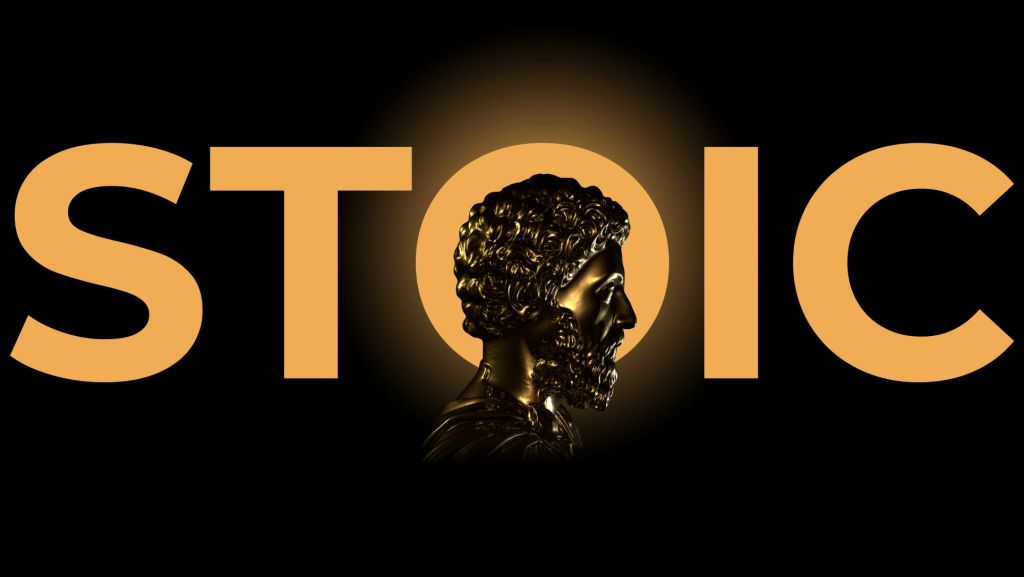Shipwrecked by Belief: A Gnostic Story

When my early life as a fundamentalist minister came to an abrupt and traumatic end, I surveyed what could be salvaged from the general shipwreck of disappointment. A few valuables could be gathered up, for sure; but that old ship would never sail again. Disappointment is an understatement. What is left to believe in when belief itself has betrayed you? We are held captive by belief (ideology, narrative, meme). Manipulation of belief is the basis of mind control, a clear pathway to dystopia.
I spent time in the corporate world. More accurately, I “did” time there. But to survive and thrive aboard the ship of commerce, one must believe without question. “True believers” embrace with total commitment, the paramount importance of production. Quotas and achievements give meaning, purpose, and a direction in life. Scientific materialism produces labour-saving machines and fascinating gadgets which do nothing for the soul. So, with the passage of time, belief falters. “We keep you alive to serve this ship,” the Roman overlord tells the galley slave. I would abandon the ship of commerce to find a new direction.
A man can only stand so much disappointment. I even thought I might become an atheist, but I couldn’t do it. Those who confidently champion scientific materialism, and deny any spiritual reality, are true believers but not true scientists. A true scientist examines the evidence on its merits without pre-conception. No need to review the evidence, they say, we already know the answer. But evidence does exist for a supernatural or paranormal reality. The scientific research of sincere parapsychologists and paranormal investigators is met with derision and ridicule. This is getting much too close to that original experience of belief which tolerates no dissent. The militant atheist has much in common with the religious fanatic.
I graduated from The University of London with a degree in law. Here I began to re-evaluate the fatal attraction of belief. Asking the right question is more important than finding the right answer. Appreciating a good argument is more realistic than an over-abundance of certitude. Adherence to core values of justice, truth and morality are the foundation of natural law. Pursuing what is right, is more important than being right.
Learn to do well; seek judgment, relieve the oppressed, defend the fatherless, plead for the widow. (Isaiah 1)
I discovered Gnosticism by a process of elimination, filtering out that which was reminiscent of my original experience of fundamentalism. Fundamentalism is a mentality, transcending any particular belief system, religious or otherwise. The devil (demiurge) is a shapeshifter. Changing a disguise does not alter the true nature of what lurks beneath the costume. On a good day, the adversary is rigid, inflexible, arrogant, intolerant, argumentative, narrow minded, and contemptuous; on a bad one, unhinged, vicious and violent. The same mental virus infecting the Christian mob which murdered Hypatia of Alexandria also infected the Jacobins of The French Revolution. They believed in extensive government intervention to effect revolutionary social change, in some ways, an early version of Marxism. Thomas Paine was arrested in Paris after he recommended mercy for the royal family. Only an intervention by Thomas Jefferson saved him from the guillotine. A different context yes but the same counterfeiting spirit.
Beliefs are toxic when held tightly. Toxic beliefs thrive on ignorance. Exposure to a wide range of ideas is an effective antidote.
Gnostics believed different things and argued amongst themselves, but that melting pot of ideas uncovered an array of possibilities which could not be known otherwise. When constantly exposed to new ideas which challenge old ones, we avoid the cult of belief. Gnostics hold beliefs lightly. Theirs is a unity of Spirit. Their gnosis (knowledge) is experiential and shamanistic. Beliefs are provisional and subject to change.
A world without belief becomes administratively unworkable. What is there to manage if people are allowed to believe what they want. Authority demands one truth, a narrowing of the imagination. Brute force is clumsy and expensive, better if the masses accept or even demand their servitude. For this they must believe.
I have also had time to reflect upon all the false beliefs (narratives) we hold about ourselves which, quite apart from those in the world at large, also keep us locked up in a prison for the mind.
This process of calcification drove the Gnostics underground, their wisdom reduced to fragments found in pots. The Library of Alexandria was burned to the ground and with it the natural curiosity of the human mind. If you want to control the world, control the mind.
Paul of Tarsus was once a man of definite belief, a Pharisee of the Pharisees, as he described himself. Early Christians were heretics of Judaism and he participated in their persecution. Paul was later transformed, not by a new belief but by a bolt of lightning, a vision on the road to Damascus, a transformative religious experience (gnosis).
He emerges much less certain about belief.
I am determined not to know anything,
He who thinks he knows, knows nothing yet as he ought to know.
Where there is knowledge, it shall pass away.
He speaks of that impermeant or provisional knowledge which often fails but not of gnosis, that revelatory experiential knowledge which is transformative and everlasting.
Psychologist Carl Jung, referring to gnosis, says it best: “I do not believe, I know.’
(C) Adrian Charles Smith, 2024


